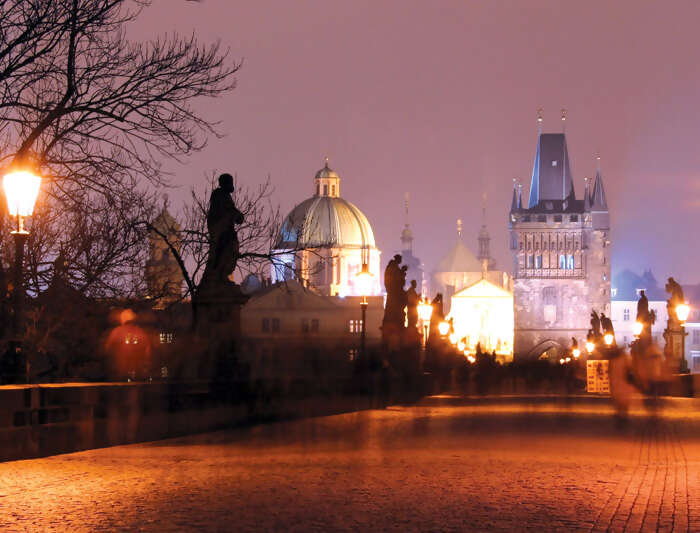 Travel to Egypt and experience the 'Land of the Pharaohs' on this exciting trip. Be immersed in the history, grandeur and culture of ancient Egypt on a journey from Cairo, through the fascinating cities of Alexandria and Aswan, to Luxor. For action and adventure that doesn't stray too far out of the comfort zone, this is the perfect introduction to Egypt's famous treasures.
Before booking on this trip we recommend that you read the ‘Safety’ section in the trip notes regarding special safety considerations for Egypt trips.
Travel to Egypt and experience the 'Land of the Pharaohs' on this exciting trip. Be immersed in the history, grandeur and culture of ancient Egypt on a journey from Cairo, through the fascinating cities of Alexandria and Aswan, to Luxor. For action and adventure that doesn't stray too far out of the comfort zone, this is the perfect introduction to Egypt's famous treasures.
Before booking on this trip we recommend that you read the ‘Safety’ section in the trip notes regarding special safety considerations for Egypt trips.Highlights
Set sail down the Nile, one of the world’s most iconic rivers. Relax in comfort as scenes of everyday Egyptian life stream by
Explore the marvels, mythology and mystery of Ancient Egypt, including the Pyramids at Giza and the tombs of iconic pharaohs in the Valley of the Kings
Cairo's Khan al-Khalili Bazaar is an essential Egyptian experience – lose yourself in the colours and aromas of this fascinating marketplace
Stand at the feet of Abu Simbel’s monumental temples and marvel at the sheer scale of these stunning structures
Discover the delights of Cairo, the chaos and contrasts of a rambling metropolis of sand-beaten colours
Wander the treasure-filled halls of Cairo’s Egyptian Museum and seek out the riches of Tutankhamun

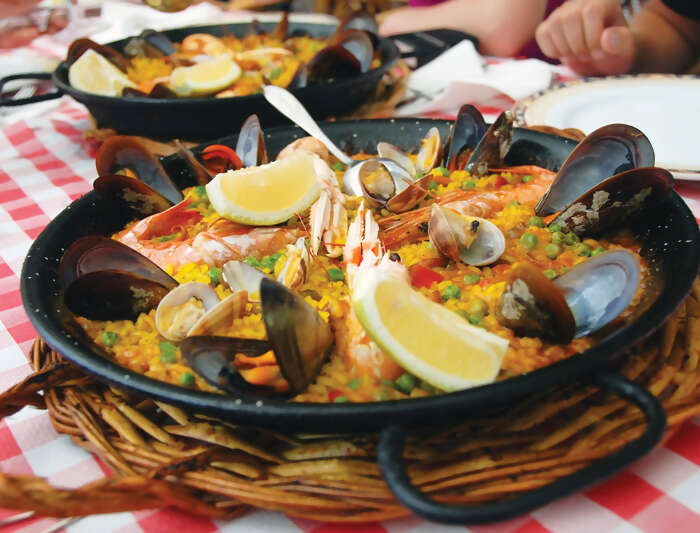


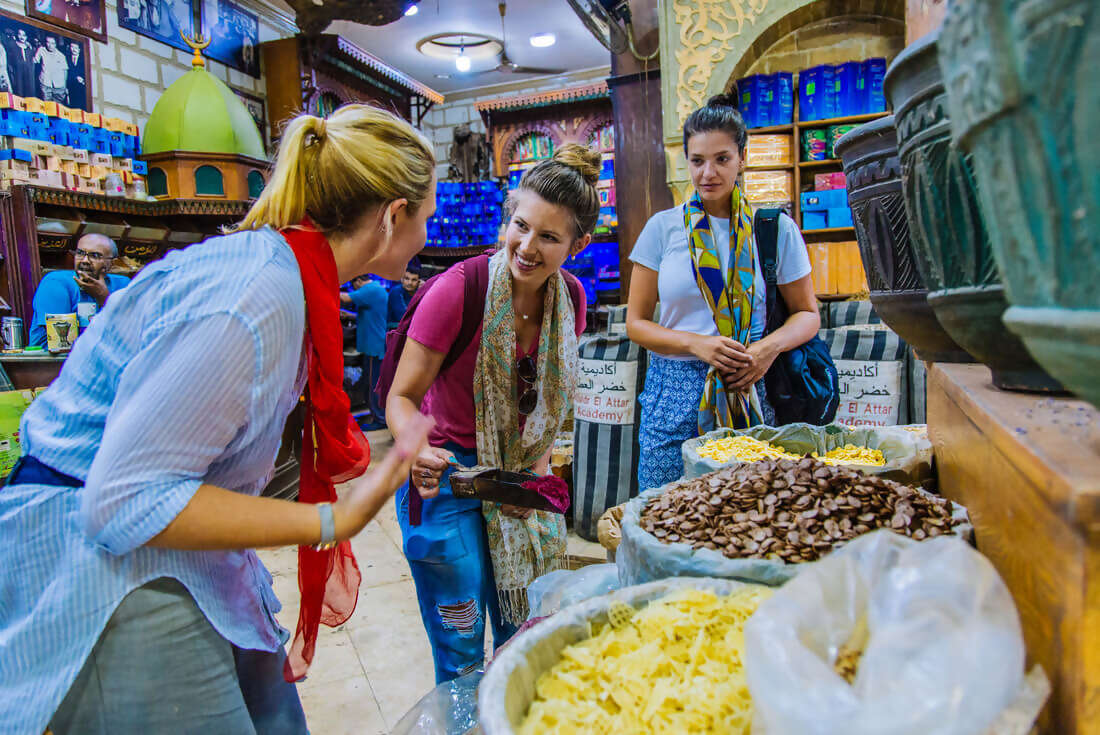
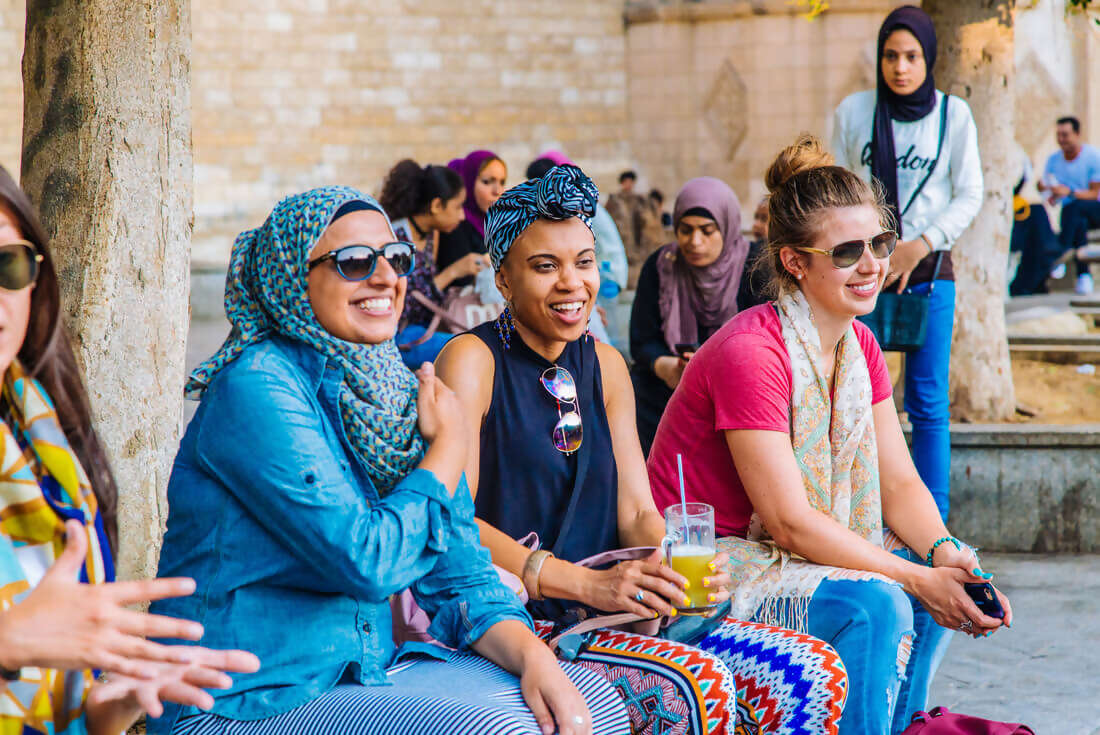



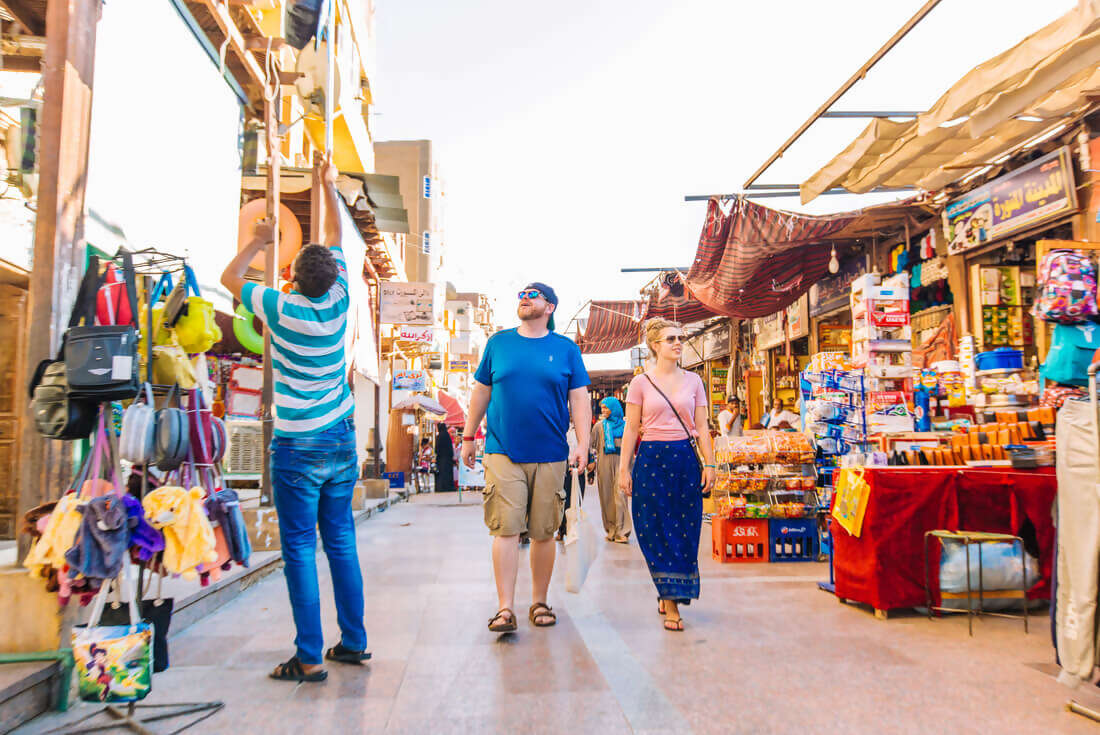

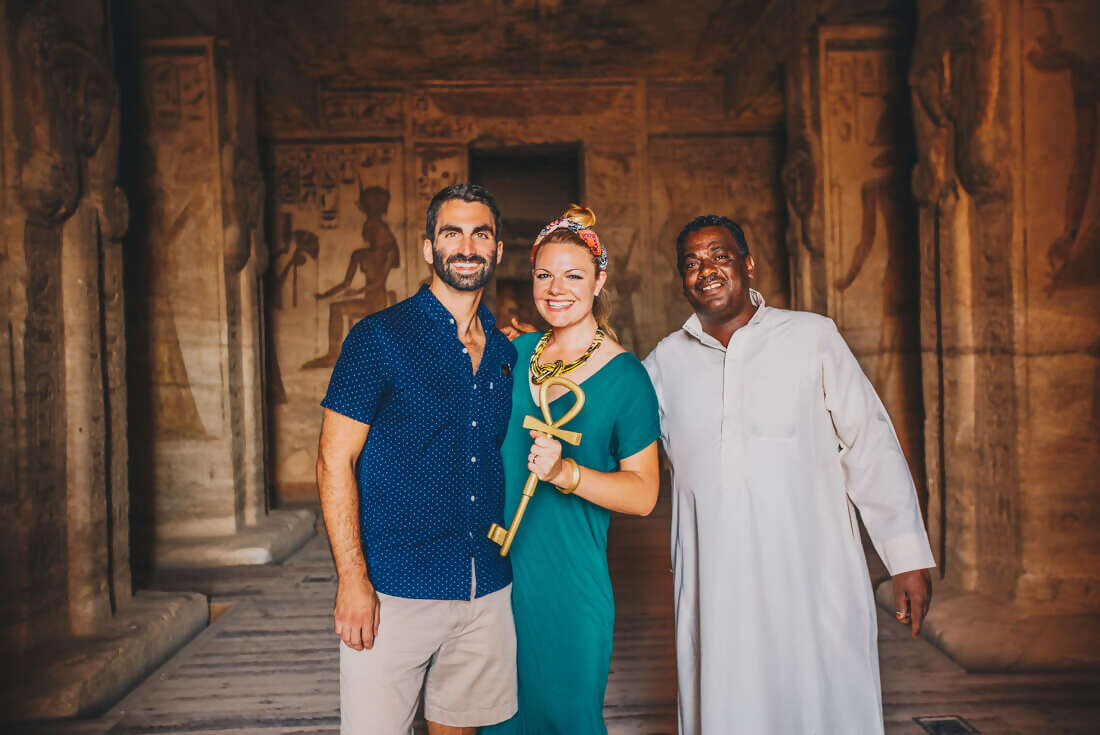




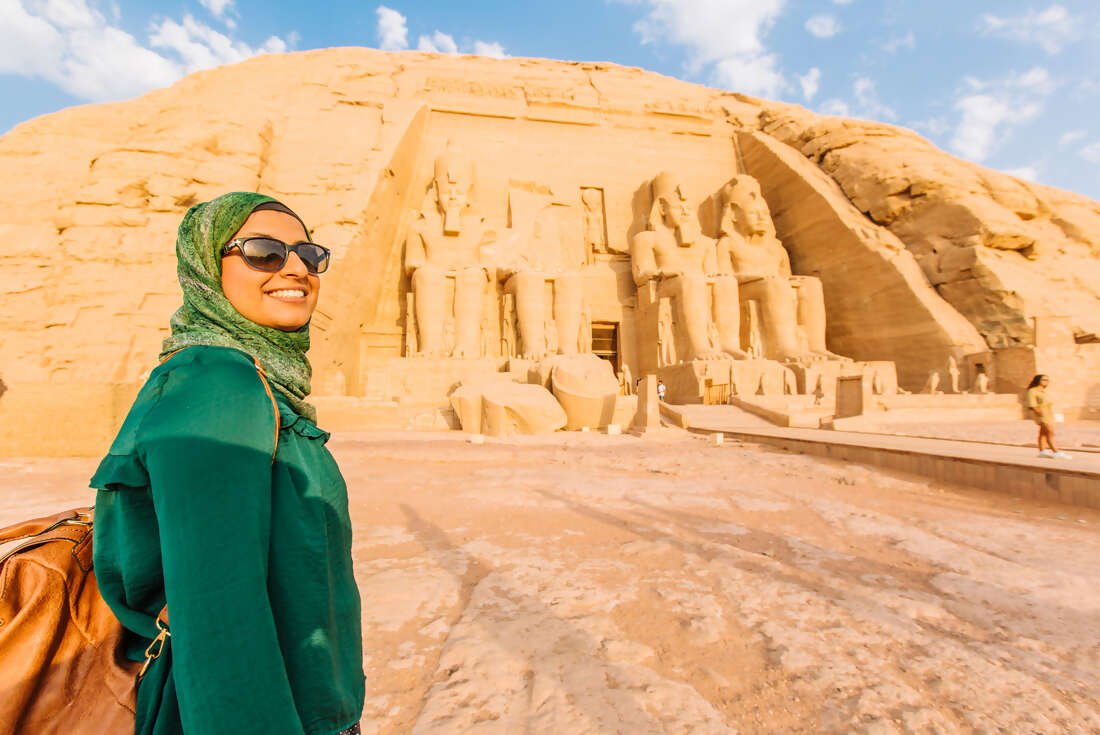
- You will visit the following places:
-

Cairo
Cairo, literally The Vanquisher or The Conqueror, is the capital of Egypt, the largest city in Africa and the 16th most populous metropolitan area in the world. Cairo is also ranked as one of the most densely populated cities in the world. Nicknamed The City of a Thousand Minarets for its preponderance of Islamic architecture, Cairo has long been a centre of the region's political and cultural life. Cairo was founded by the Fatimid dynasty in the 10th Century, but the land composing the present-day city was the site of national capitals whose remnants remain visible in parts of Old Cairo. Cairo is also associated with Ancient Egypt due to its proximity to the ancient cities of Memphis, Giza and Fustat which are nearby to the [Great Sphinx] and the pyramids of "Giza"
-

Alexandria
Alexandria is the second largest city and a major economic centre in Egypt, extending about 32 km (20 mi) along the coast of the Mediterranean Sea in the north central part of the country. It is Egypt's largest seaport, serving approximately 80% of Egypt's imports and exports. It is an important industrial center because of its natural gas and oil pipelines from Suez. The city is also an important tourist destination and is worth a visit for its many cultural attractions and still-palpable glimpses of its past.
-

Aswān
Aswan, formerly spelled Assuan, is a city in the south of Egypt, the capital of the Aswan Governorate. It is a busy market and tourist centre located just north of the Aswan Dams on the east bank of the Nile at the first cataract. The modern city has expanded and includes the formerly separate community on the island of Elephantine. Aswan is the smallest of the three major tourist cities on the Nile. Being the furthest south of the three, it has a large population of Nubian people, mostly resettled from their homeland in the area flooded by Lake Nasser. Aswan is the home of many granite quarries from which most of the Obelisks seen in Luxor were sourced. Aswan was the ancient Egyptians' gateway to Africa.
-

Luxor
Luxor is a city in Upper (southern) Egypt and the capital of Luxor Governorate. The population numbers 487,896 (2010 estimate), with an area of approximately 416 square kilometres (161 sq mi). As the site of the Ancient Egyptian City of Thebes, Luxor has frequently been characterized as the "world's greatest open air museum", as the ruins of the temple complexes at Kamak and Luxor stand within the modern city. Immediately opposite, across the River Nile, lie the monuments, temples and tombs on the West Bank Necropolis, which include the Valley of the Kings and Valley of the Queens. Thousands of international tourists arrive annually to visit these monuments, contributing a large part towards the economy for the modern city.